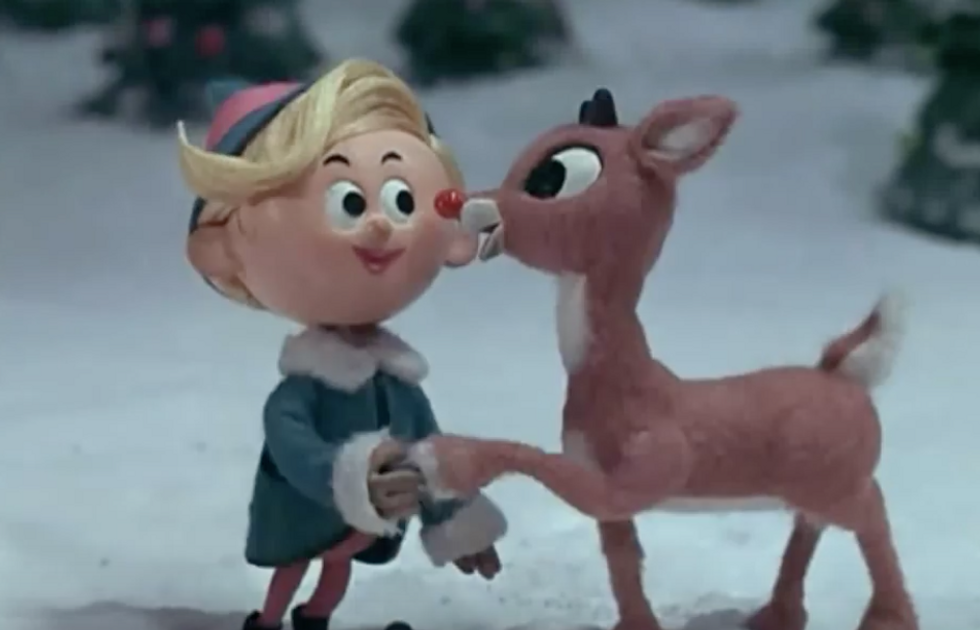Growing up, my absolute favorite Christmas tale and song was "Rudolph the Red-Nosed Reindeer." I collected stuffed animals of Rudolph, got the Build-a-Bear, had a collection of the ornaments, and incessantly watched the VCR tape over and over until I'm sure my parents were completely done with it. So when I was scrolling through social media at the beginning of December, trying to get myself in the Christmas spirit, I was completely stunned by the fact that there was a social media campaign to keep radio stations from playing the song and CBS from airing the Christmas classic.
Apparently, people want to cancel this part of the Christmas tradition because of the messages they interpret within the tale, from a sexist characterization of Clarice to the bullying of Rudolph by the other reindeer to Blitzen trying to cover up Rudolph's shiny nose because it was different. As a kid, I never considered any of these readings when I was watching the movie, and as an adult today (and a communication and media major) I still don't see a lot of credibility in some of these arguments. But if I've learned anything as a Comm major, everyone is going to read a media text in his or her own way.
But as a kid, when I saw Rudolph, I saw someone who was different overcome the criticism that he got for being different. I saw a young reindeer who no one thought was good enough being given an opportunity to lead and be great, to be a hero. I saw an elf who didn't want to play by the rules and make toys just because it was the "normal" thing to do dare to be different and follow his dream of being a dentist. I saw an outcast snow-monster, cast out from society and misunderstood, be welcomed into a community to celebrate Christmas. I saw parents learn to accept their son for what he was, despite his physical oddities. I saw an island full of misfit toys learn to embrace their oddities, learn that they weren't made wrong, just made to be themselves. From Rudolph, I learned that I could be anything, overcome any difference, and follow my dreams.
And sure, not everyone is going to read this song this way. The claymation is dated, the song is old, and even some of the animated movies are well over a decade old. Some messages change with time. Some things are read differently over time. But you don't have the right assume that kids are going to read a story negatively just because you do as an adult. I can't guarantee they'll read it positively either. But we have to have faith in our kids that they can make a meaning from a text that will be impactful for them.
They are the ones that get to find themselves in the story. Sure, there is some bullying in the story. The other reindeer wouldn't let him play in their reindeer games after all. But exclusion is, unfortunately, a real problem that children will face in life. Shielding it from them in a claymation reindeer cartoon isn't going to keep it from happening to them in the real world. But giving a kid a chance to see themselves in Rudolph, to see themselves overcome exclusion and make new friends, could make all the difference.

















